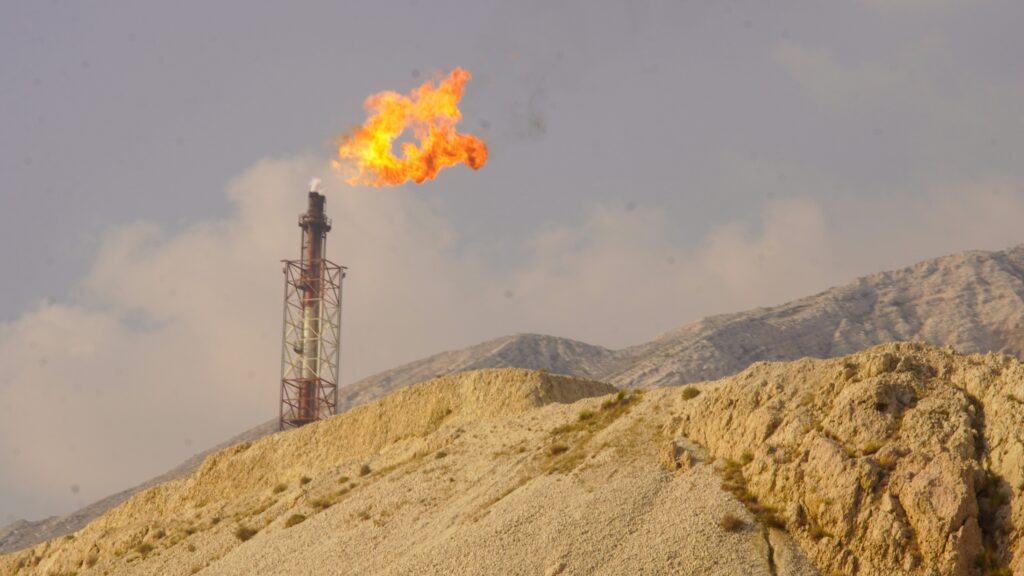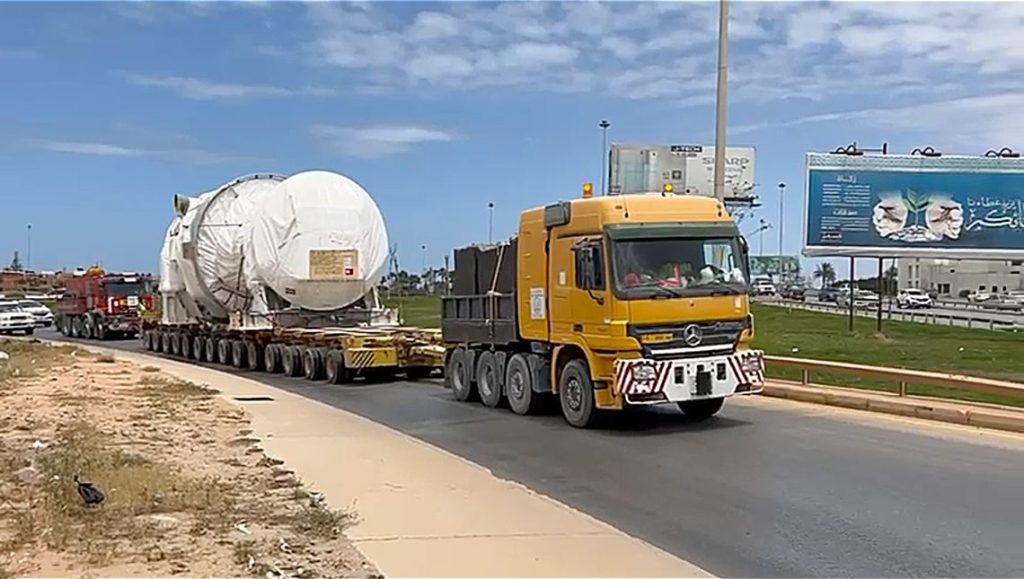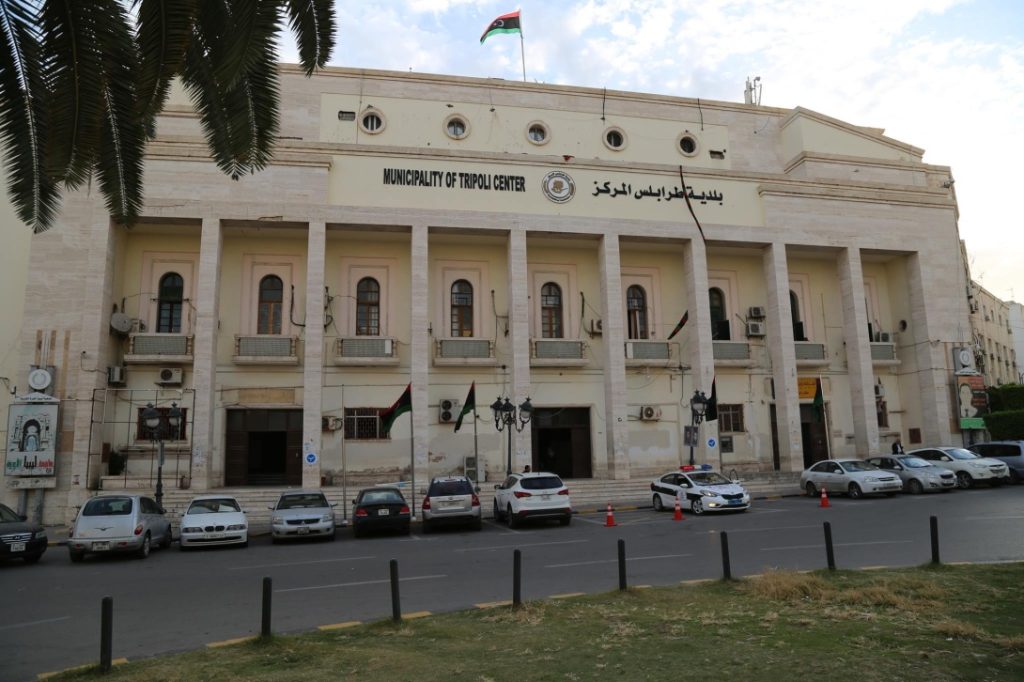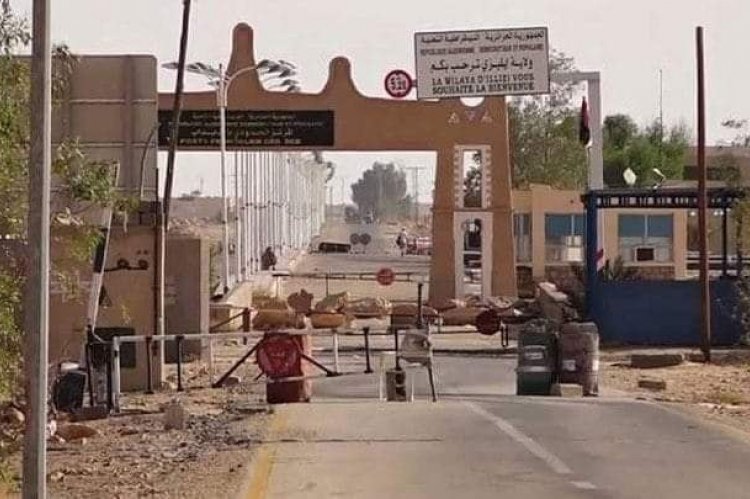Libya Energy Revival, Stability and Regional Partnerships
Libya is at a pivotal moment, poised to redefine its role in the Mediterranean and European landscape by strengthening Libya’s energy security and regional partnerships. After years of disruption, the country’s oil production has stabilized, with key fields and export terminals in both western and eastern regions resuming operations. According to the International Energy Agency, Libya could supply “up to 10% of Europe’s imports formerly sourced from Russia” (Fatih Birol, IEA, 2025-03-15), a timely development as Europe seeks alternatives amid ongoing sanctions on Russian energy. This energy stability provides a foundation for Libya to attract foreign investment, develop infrastructure, and emerge as a credible partner in regional security and migration management. European and Mediterranean stakeholders have a rare opportunity to leverage Libya’s dual-governance system, GNU in Tripoli and GNS in the east for mutual economic and strategic gains.
Dual Governance and Libya Energy Security as a Functional Model
Libya’s dual-governance structure, often portrayed as a liability, also contains mechanisms for practical cooperation. Both GNU and GNS administrations oversee key parts of the energy sector, border security, and regional diplomacy, making coordination unavoidable. Ad hoc committees have emerged to manage oil exports, with unified reporting frameworks ensuring that shipments to Europe are recognized as legitimate by international markets. Similarly, migration control has seen joint patrols along smuggling routes in southern Libya, showing that fragmented governance does not preclude functional collaboration. While deep political reconciliation remains elusive, evidence of cooperation in security and Libya energy security underscores the country’s ability to act as a pragmatic partner.
Economic Diversification and Libya’s Energy Security
Libya’s economic potential extends far beyond hydrocarbons. With roughly seven million citizens, including a young and largely underemployed workforce, the country can support industrial, service, and technology sectors. Strengthening Libya energy security underpins broader diversification efforts, attracting investment and regional confidence. Targeted investment in both western and eastern infrastructure is critical. The Atlantic Council emphasizes, “Targeted investment in Libya’s energy and port infrastructure is critical for regional stability and job creation” (Atlantic Council, 2025-05-22). By reinvesting oil revenue into modern ports, roads, power grids, and industrial zones, Libya can evolve into a regional trade hub, facilitating commerce between North Africa and Europe. Strategic FDI in these sectors would diversify the economy and demonstrate that governance reforms, coordinated across GNU and GNS administrations, are producing tangible outcomes.
Private Sector and Economic Modernization
Global energy firms, logistics operators, and construction companies are increasingly evaluating Libya as a frontier market. Early partnerships could provide critical technology transfer and capacity building. Comparisons with Morocco’s Tangier Med port illustrate the transformative impact of integrated logistics hubs on trade flows and employment. Libya’s Mediterranean coastline, longer than any other North African state, offers similar potential if paired with regulatory clarity and infrastructure modernization. Emerging sectors such as IT services, fintech, and renewable energy technology could attract Gulf and European investors, provided Libya creates predictable legal and financial frameworks.
Local Community Impact
For Libyans, the stakes are immediate. Infrastructure upgrades, new industrial zones, and foreign-backed projects directly affect employment and living standards. In coastal cities such as Benghazi and Misrata, modernized ports would not only improve trade but also reduce the influence of smuggling networks that thrive in weakly regulated environments. Rural areas along migration routes could benefit from EU-funded transit facilities, creating legitimate economic alternatives to trafficking. By ensuring that benefits are distributed across regions, GNU and GNS authorities can strengthen domestic legitimacy and reduce grievances that fuel instability.
Coordinated Energy Management and Libya Energy Security
Energy cooperation between the GNU and GNS remains essential. While Tripoli oversees western oil fields and export terminals, eastern ports managed by the GNS contribute the majority of current exports. Coordinated management ensures reliability for European partners. Enhanced transparency and unified export reporting would strengthen Libya’s credibility in global energy markets and secure long-term contracts with the EU and Mediterranean states. Demonstrating consistent output despite internal political divisions signals that Libya is capable of acting as a predictable, strategic supplier.
Libya as a Security Hub in the Mediterranean
Security cooperation represents another area where Libya can deliver measurable benefits. Joint naval exercises, air force patrols, and coordinated Mediterranean anti-smuggling operations showcase operational capacity and regional commitment. The UN Migration Agency notes, “Libya’s engagement in curbing illegal migration is recognized by European policymakers as increasingly effective” (IOM, 2025-06-30). These patrols, often involving coordination between GNU-controlled western forces and GNS-led eastern units, reduce pressures from human trafficking and cross-border crime. Libya’s geographic position, straddling North Africa and the central Mediterranean, makes it a natural hub for maritime security initiatives. Engagement in NATO’s Mediterranean Dialogue or EU-funded maritime programs could formalize this role, enhancing Libya’s strategic profile while anchoring it in broader regional security frameworks.
Diplomatic Initiatives and Regional Engagement
Diplomatic initiatives further amplify Libya’s potential. Recent overtures to France and Italy provide a constructive alternative to Algeria’s more cautious posture and signal Libya’s willingness to act as a stabilizing intermediary in the Maghreb. Carnegie Middle East observes, “Libya’s evolving diplomacy in North Africa positions it as a strategic intermediary between European powers and regional actors” (Carnegie Middle East, 2025-07-14). Both GNU and GNS diplomatic engagements, whether through ministerial visits, joint NATO initiatives, or Mediterranean patrols, strengthen Libya’s image as a reform-oriented state capable of fulfilling commitments in energy supply and security cooperation. Strong bilateral ties, combined with active multilateral participation, attract investment and provide leverage in negotiations on trade, migration, and regional security.
Governance Reforms and Institutional Strengthening
Domestically, these external opportunities create incentives for governance reforms. Control over oil revenues, transparent project management, and strengthened institutions across both administrations can stabilize markets, generate employment, and reduce corruption. The World Bank underscores that “strengthened institutional capacity is crucial for leveraging Libya’s economic and strategic potential” (World Bank, 2025-04-19). Oversight of exports and infrastructure projects allows Libya to fund healthcare, education, and industrial modernization, translating strategic partnerships into measurable domestic improvements while reinforcing credibility abroad.
Diversification and Workforce Development
Economic diversification depends on workforce development. Libya’s educated population offers a competitive advantage for emerging sectors, including renewable energy, IT services, and logistics. Comparative examples from Morocco demonstrate how structured FDI combined with a trained workforce can transform a regional economy. By establishing regulatory clarity and transparent revenue management across both GNU and GNS territories, Libya can attract European investors to develop ports, industrial zones, and digital infrastructure, creating jobs and generating sustainable growth. These steps position Libya as a regional economic engine capable of balancing energy production with broader development objectives.
Environmental Sustainability and Libya’s Energy Security
As Europe accelerates its green transition, Libya cannot afford to remain a one dimensional hydrocarbons economy. The country’s high solar irradiation levels and favorable wind corridors make it one of the most promising renewable energy landscapes in the Mediterranean. Pilot projects in concentrated solar power, onshore wind, and green hydrogen could position Libya as a dual energy supplier, offering both oil and renewable power exports to Europe. Cross Mediterranean grid integration, already under discussion in EU energy forums, would enable Libyan electricity exports in the medium term. Diversification into renewables not only supports Europe’s climate goals but also provides long term stability for Libya’s economy, reducing its dependence on oil price fluctuations.
Migration Management as Leverage
Migration management remains a pressing concern for Europe, and Libya’s role can be constructive. Strengthened border controls, coordinated patrols, and anti-smuggling initiatives illustrate Libya’s capacity to address irregular migration. UNHCR reports that “partnership with Libya is critical for managing Mediterranean migration flows effectively” (UNHCR, 2025-05-10). By framing migration as a shared responsibility, GNU and GNS authorities can secure additional investment in infrastructure, ports, and coastal monitoring, while simultaneously enhancing Libya’s regional credibility. Successfully curbing illegal migration strengthens internal governance and solidifies Libya’s strategic value to European partners.
Remaining Challenges and Strategic Choices
Challenges remain, including political fragmentation, security vulnerabilities, and the legacies of conflict. Yet Libya’s progress in oil production, governance reforms, and regional engagement signals the potential to emerge as a predictable, strategic partner. Missed opportunities risk lost economic growth for Libya and reduced leverage for European partners in energy security and regional stability. Policymakers must act decisively to convert Libya’s latent potential into tangible outcomes.
Path Forward
Concrete steps forward are clear. European stakeholders should formalize long term energy agreements to stabilize supply chains, while structured FDI in infrastructure, workforce development, and digital projects amplifies the benefits of oil revenue. Expanding cooperation on security and migration management strengthens Libya’s credibility while producing measurable results for the Mediterranean region. Coordinated engagement with both GNU and GNS administrations ensures that these initiatives are sustainable and inclusive. If these initiatives are pursued, Libya could become a model Mediterranean partner, combining energy reliability, economic opportunity, and strategic cooperation. European engagement, coupled with internal reforms, offers a path toward regional stability, reduced migration pressures, and sustainable economic growth, demonstrating Libya’s potential as both a partner and a regional stabilizer.



